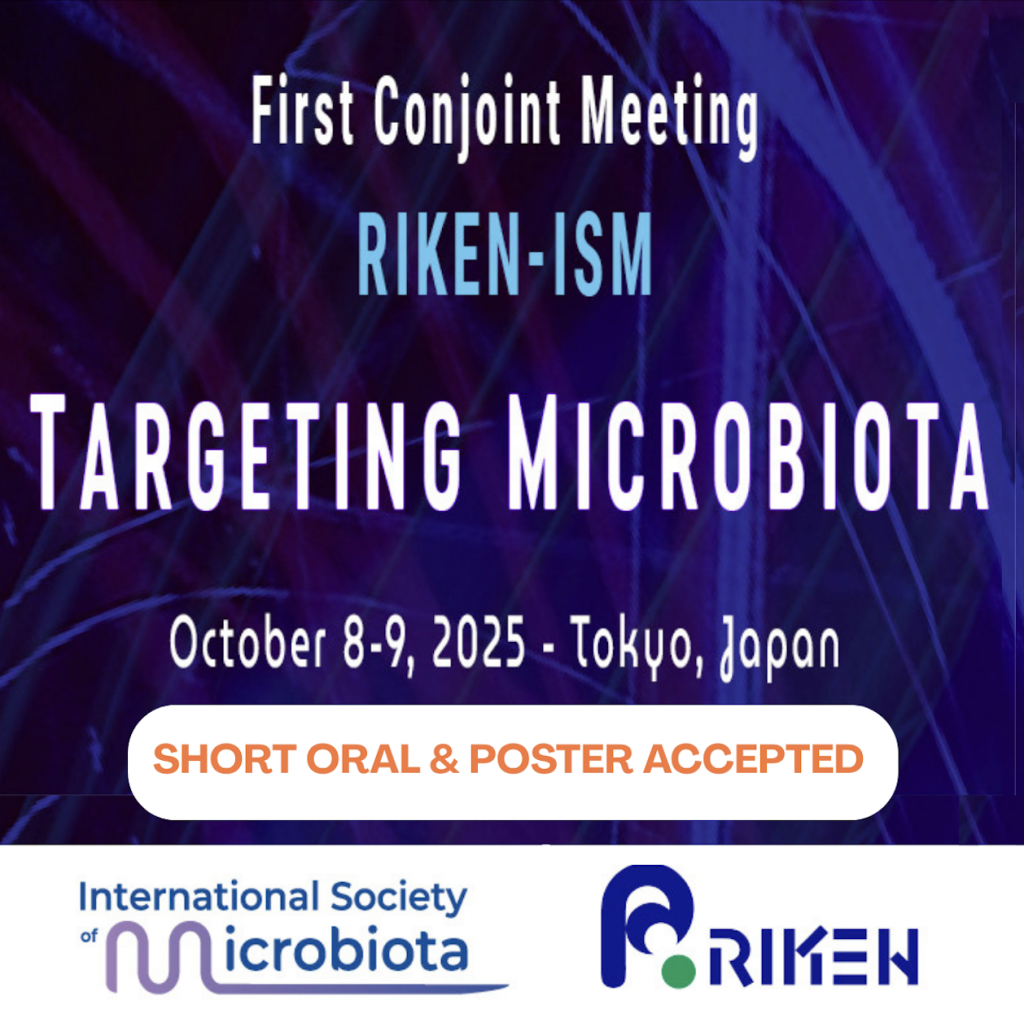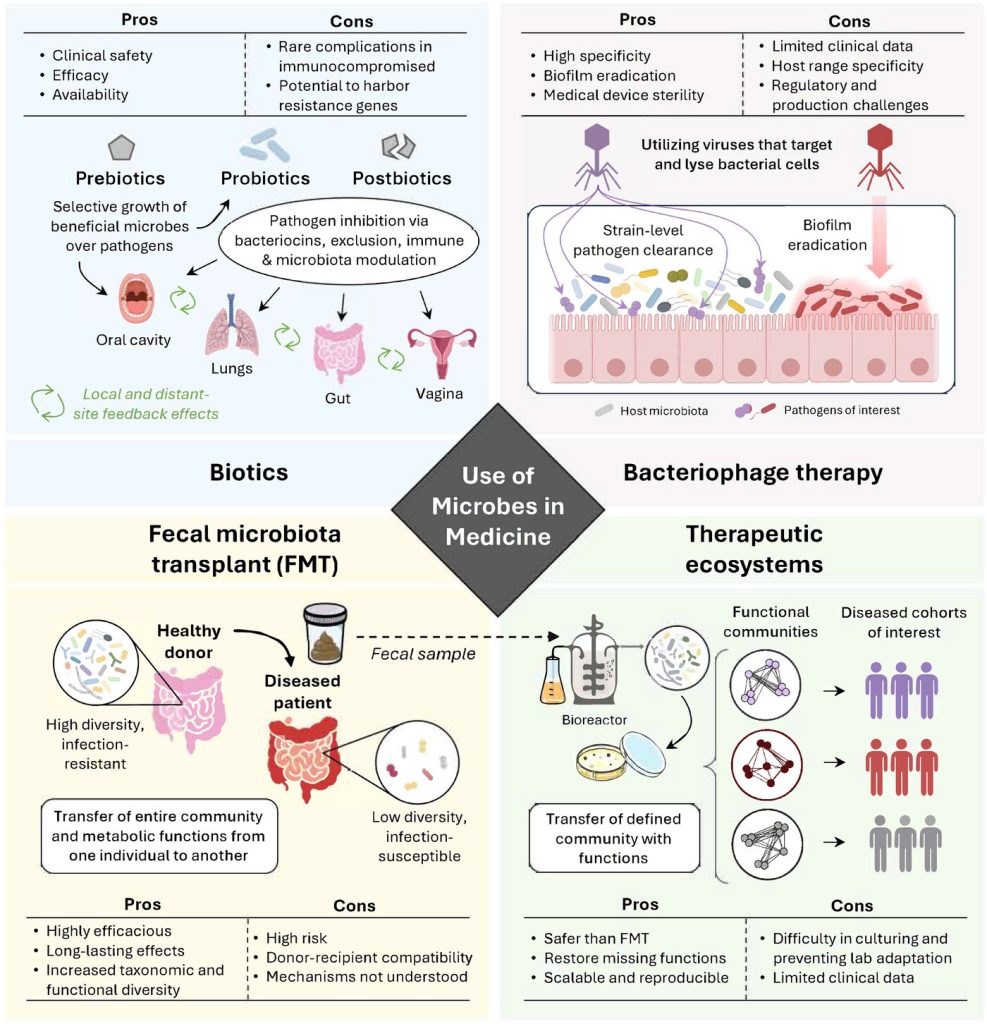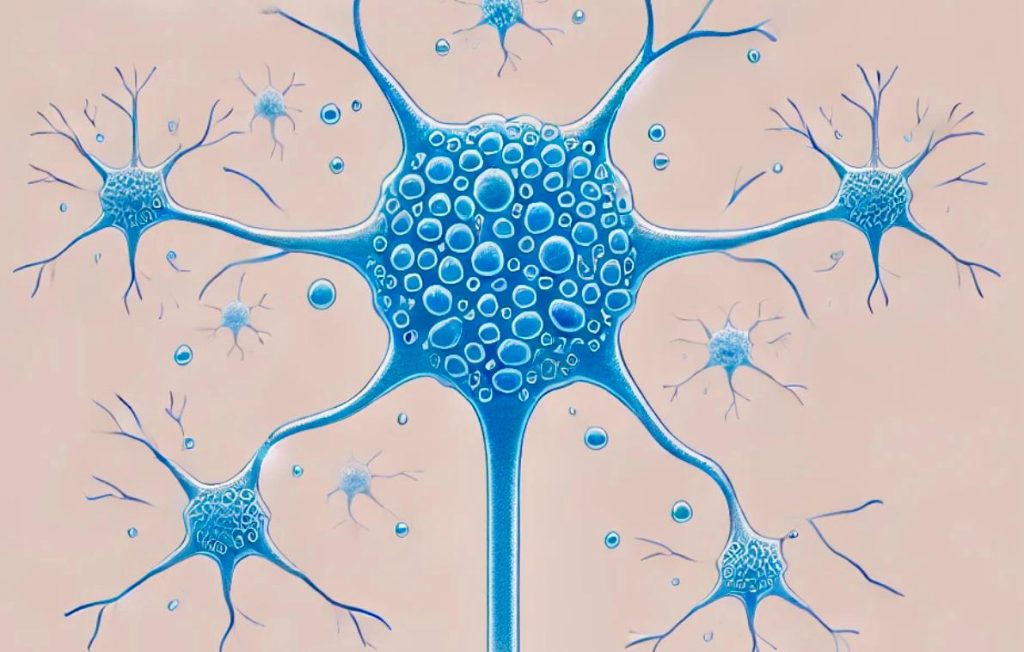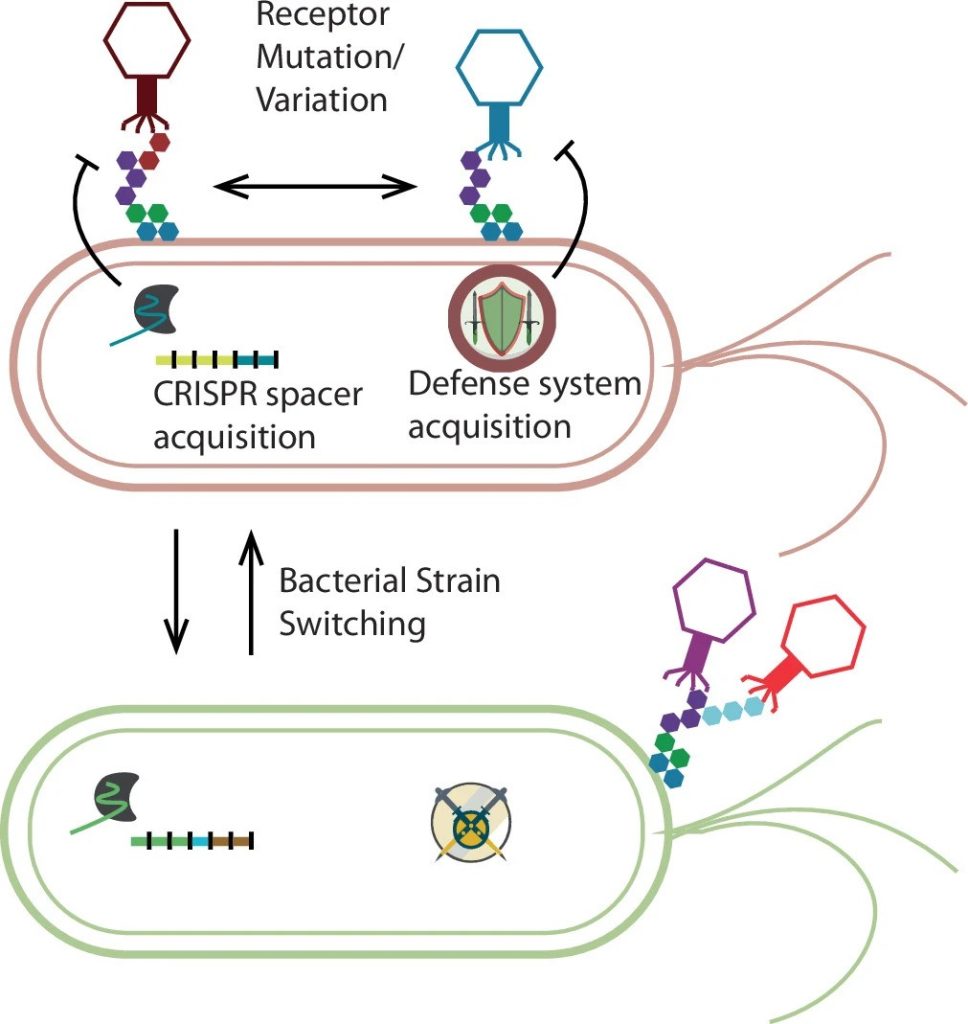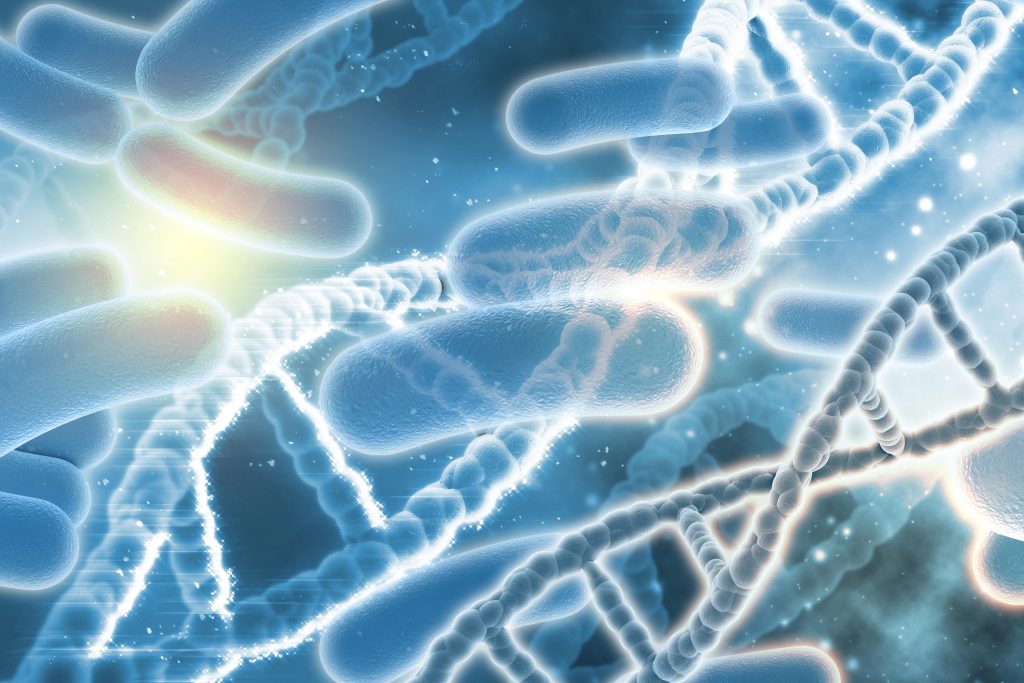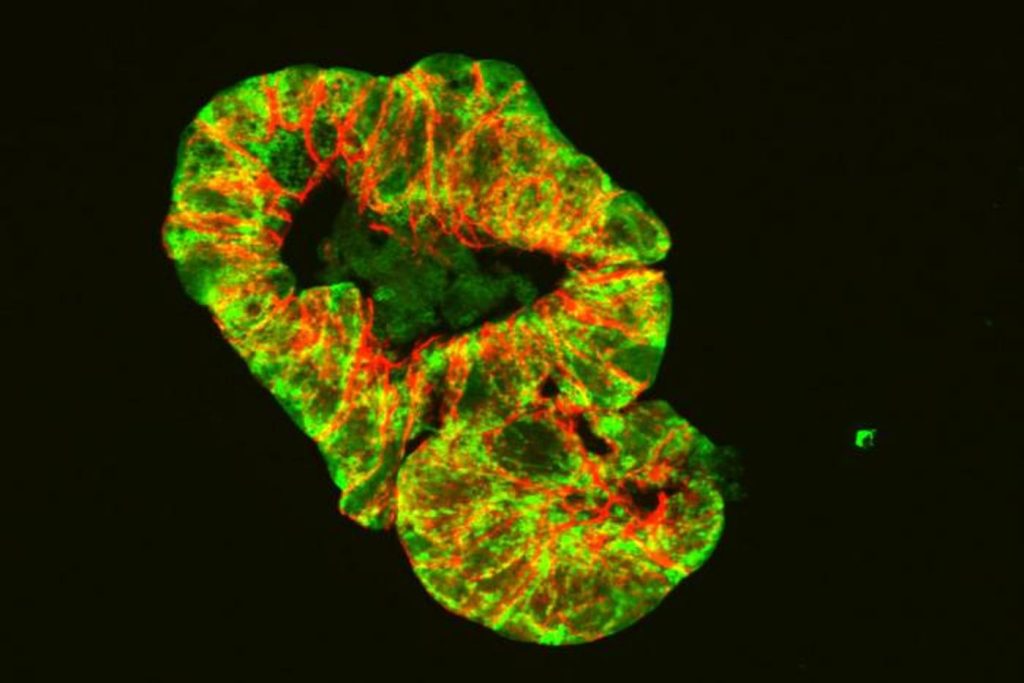
Japan Takes Center Stage in Microbiota Innovation
Tokyo to Host Global Summit Showcasing the Nation’s Leadership in Fermentation Science and Microbiome Medicine Japan is reinforcing its position as a global powerhouse in microbiota research and fermentation science, as the country prepares to host the First Conjoint Meeting ISM–RIKEN – Targeting Microbiota this October in Tokyo. Long recognized for its centuries-old Fermentation…

